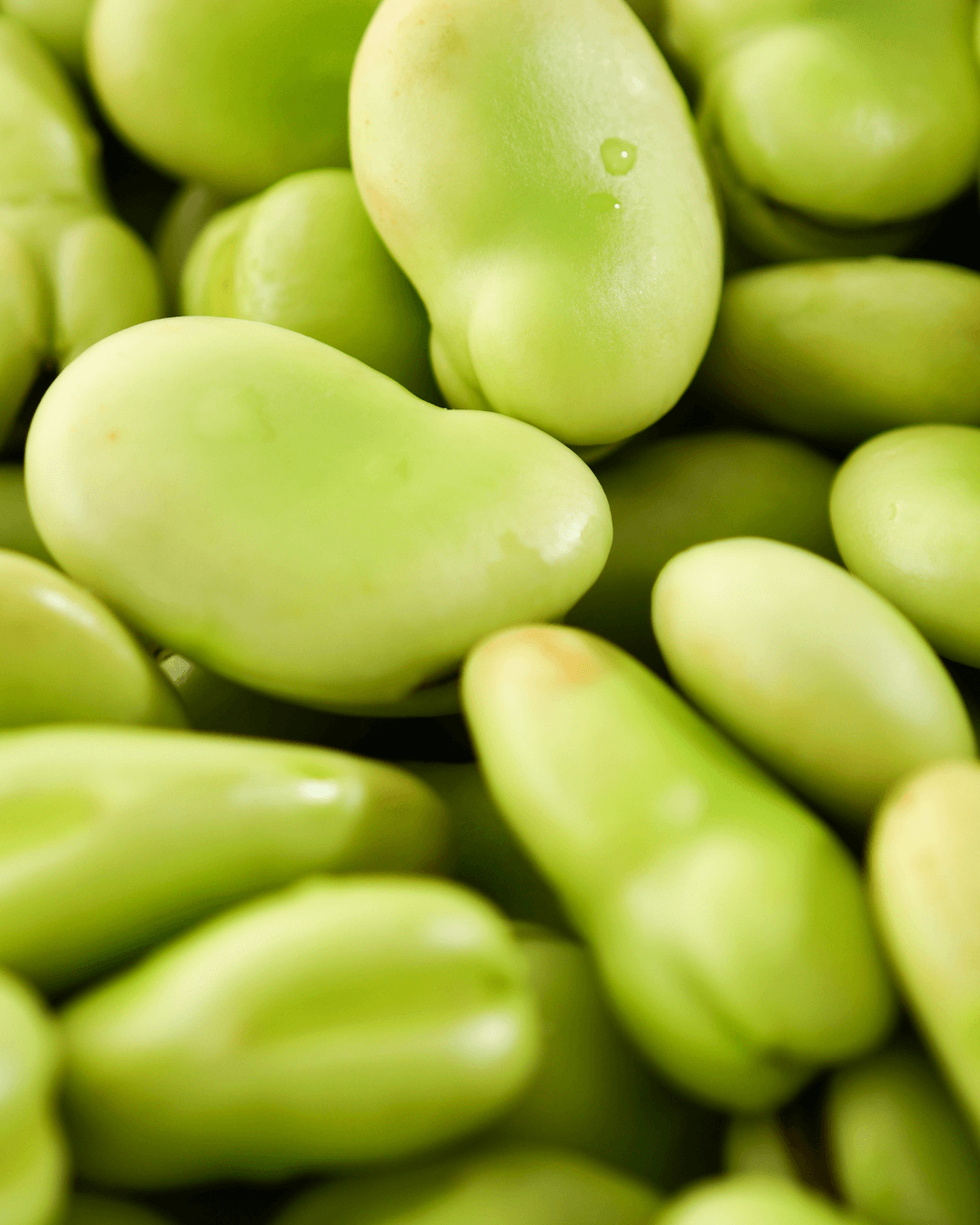If you’ve ever come across the terms “fava” or “faba” beans, you may have wondered: Are they the same thing? And if so, why do they have two different names? Well, you’re not alone. Let’s explore the history, origins, and why the names differ — and more importantly, why these beans are worth your attention!
The Origins of Faba and Fava Beans
Both “fava” and “faba” refer to the same nutrient-packed legume — Vicia faba. Known for being a highly versatile and nutrient-rich crop, faba beans have been cultivated for thousands of years.
The difference in spelling is largely a matter of language.
Fava is the name used in Spanish and Italian, regions where the bean has long been a staple ingredient in many dishes.
Faba is the more common English spelling, especially in scientific and agricultural contexts.
So technically, both terms are correct — it all comes down to where you’re from and the context in which you’re using them.
Why Does It Matter Which One We Use?
At Integra Foods, we use FABA for one simple reason: it’s the term most commonly recognised in agriculture and aligns more closely with the botanical name, Vicia faba.
Choosing FABA also aligns with our approach to simplifying communication. We’re about making things clear and straightforward, so when you see FABA beans, you know exactly what you’re getting — a clean, sustainable source of nutrition.
The Power of Faba Beans
Now that we’ve settled the name debate, let’s talk about why these beans are so special. Whether you call them faba or fava beans, they’re packed with a wealth of benefits.
Packed with Protein
Faba beans are an excellent plant-based protein source, which makes them perfect for vegetarians, vegans, or anyone looking to reduce their meat consumption. Just one serving of faba beans can provide a significant portion of your daily protein requirements. You can buy our Pure: FABA protein here.
Nutrient-Rich
Beyond protein, faba beans are also rich in vitamins and minerals such as folate, iron, magnesium, and potassium. These nutrients support various bodily functions, from red blood cell production to heart health.
Good for Gut Health
Faba beans are high in fibre, which is essential for digestive health. Regular consumption can help maintain a healthy gut, promote regular bowel movements, and even help with managing blood sugar levels.
Sustainability
At Integra Foods, we believe in sustainable sourcing. Faba beans are a low-impact crop to grow, requiring less water and fewer pesticides compared to other crops. They also help improve soil health, as they’re nitrogen-fixing plants, meaning they enrich the soil they’re grown in, reducing the need for synthetic fertilisers.
Versatile in Cooking
Whether you’re baking a cake, whipping up a sauce, or making some simple crackers, faba beans are a versatile ingredient that can be used in a wide variety of recipes. They also make an excellent base for plant-based protein powders and snacks.
At Integra Foods, we’re passionate about the potential of these humble beans. No matter how you say it, faba beans (or fava beans) are a nutrient powerhouse that deserves a place in your pantry. Packed with protein, fibre, vitamins, and minerals, these beans are a true superfood — and whether you’re using them in a classic recipe or creating something new, they bring an undeniable boost to your meals.

